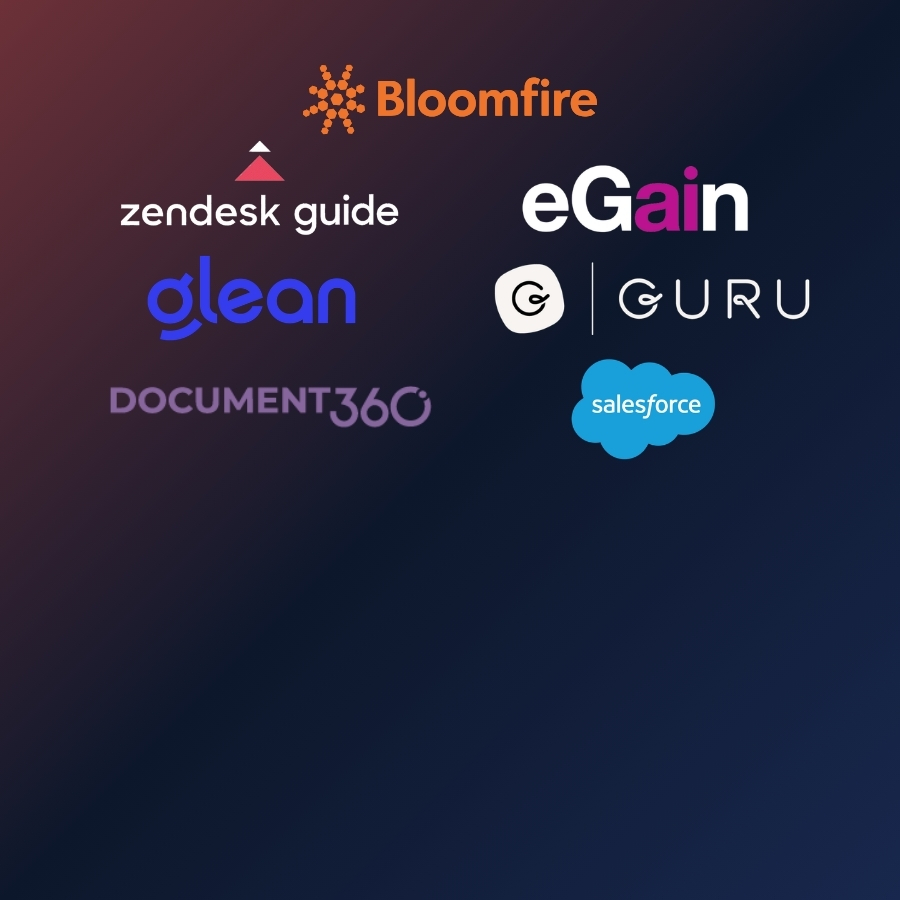3 Steps for Successful Customer Insight Management

As more and more data continues to pour into organizations, customer insight managers are constantly challenged to get that information everywhere it needs to go to benefit the business. Like Sisyphus, the mythological figure who pushed a boulder up a mountain each day only to have it roll back down every time, customer insight managers face what can sometimes seem like an impossible task.
Okay, that’s the bad news.
The good news is that there are clear steps customer insight managers can take to lessen their burden – while at the same time increasing the impact of insights throughout their organizations.
So many requests, so little time: Get ahead and stay ahead
Staying a step ahead of requests from stakeholders for analysis and insights is easier said than done, unless information is easy to find and share. The speed and ease with which requests can be fulfilled becomes increasingly important as the volume of those requests grows. Otherwise, insight managers will find themselves falling hopelessly behind in short order – which keeps all the parties involved from working as productively as they could be.
Every insight manager needs a knowledge sharing platform that’s designed to drive faster, more efficient access to the insights people are asking for, through better organized, more manageable information that’s easy to share with others. You also want a platform with a strong social component that enables people to share information among themselves and easily respond to each other’s questions and requests. This kind of crowdsourcing can help keep insight managers from being inundated with the same requests over and over.
Data data everywhere: Pull it together and keep it together
If you’re spending all your time pulling together data and insights from multiple sources and trying to figure out how to distill it into a comprehensive view of the customer, that doesn’t leave much time to actually do anything meaningful with those insights or that view. And as long as data is locked away in multiple siloed sources, that’s not going to change. Gartner identified this problem more than a decade ago, and the explosion of data since then has only made it worse.
Knowledge sharing technology can make it better, though. Look for a platform that’s expressly designed to speed the organizing and categorizing of information from different sources, and to simplify the process of sharing it. This will result in faster access to data for the people who need it to do their jobs, from marketers to sales teams to customer service reps.
Another data insight, another dollar: Share and share alike
It’s not just the data that’s in silos today, it’s also the people who use it. According to Forrester, marketing decision-makers believe organizational silos are a major cause of failure to maximize value from customer data. It’s hard to imagine a less efficient way to use data than having multiple teams working with data from different sources and interpreting it in different ways. A more effective alternative would be to work together to identify key customer insights, use those insights to attract more customers and ultimately allow them to drive more revenue.
But how do you unify the efforts of diverse teams from marketing, sales and other areas and get them working toward a common goal? This is another area where customer insight managers working with knowledge sharing technology can make a huge difference. A knowledge sharing platform that centralizes insights in one source accessible to all is a great tool for helping organizations stop working at cross-purposes – and start achieving more together.

How to Improve Customer Service: 9 Strategies to Automate Success

7 Best Customer Service Knowledge Management Systems in 2026

The 6 Knowledge Management Trends That Redefine Strategic Intelligence in 2026

Estimate the Value of Your Knowledge Assets
Use this calculator to see how enterprise intelligence can impact your bottom line. Choose areas of focus, and see tailored calculations that will give you a tangible ROI.

Take a self guided Tour
See Bloomfire in action across several potential configurations. Imagine the potential of your team when they stop searching and start finding critical knowledge.